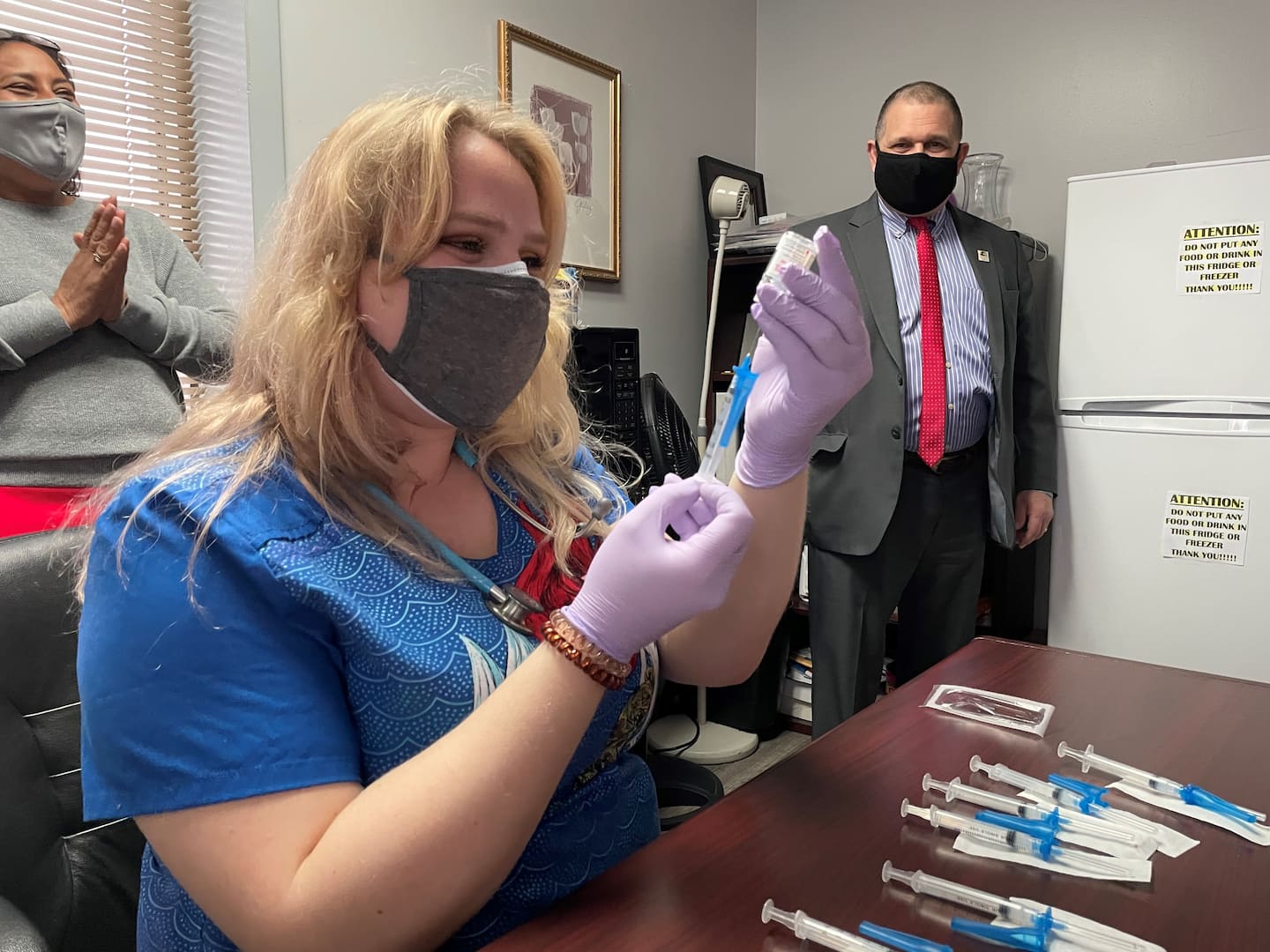Yes, vaccine skepticism exists among health-care workers — but far less so among top medical professionals

A new poll shows just how deep that skepticism runs. In fact, it’s very real even among health-care workers.
The Washington Post-Kaiser Family Foundation poll shows 35 percent of health-care workers aren’t too confident or aren’t confident at all that the vaccines have been properly tested — a number that’s very similar to the general population. What’s more, 3 in 10 either don’t currently plan to get vaccinated (18 percent) or haven’t yet decided (12 percent). And 1 in 6 says they would actually quit if their employer required them to get vaccinated.
This will undoubtedly be seen by some vaccine skeptics as legitimizing their fears. Even many health-care workers won’t take it, period, or are hesitant. And if even they aren’t convinced?
But it’s worth a closer look at just where the hesitancy comes from.
As The Post’s story notes, health-care workers run the gamut from doctors to hospital staff to caregivers. And the poll shows that those in higher-profile jobs and with more formal education are significantly less skeptical.
For example, about one-quarter of those working in nursing homes, patients’ homes or assisted-living facilities say they don’t plan to get the vaccine, vs. 14 percent who work in doctor’s offices or hospitals. (Working in patients’ homes is the strongest predictor of one’s preference in a regression model, after the very logical predictor of whether people say the vaccine was properly tested.)
The difference is similar when it comes to the type of work they do at those facilities. While 24 percent of those whose job is to assist with patient care say they won’t get the vaccine, the number is halved (12 percent) for those responsible for treating and diagnosing people.
The biggest gap in the poll, though, is in education.
While 24 percent of those with less than a bachelor’s degree say they don’t plan to get the vaccine, that number is just 11 percent for those with college degrees and just 8 percent for those with postgraduate degrees.
That last one is a reasonable analog for doctors and other top professionals with the most medical knowledge. And of all the demographic groups broken out in the poll, they are the least skeptical of the vaccine. Fully 72 percent of them say they have already gotten at least one dose, and 85 percent have either gotten it or plan to.
Breaking out a poll such as this is somewhat fraught. Do people with more education and higher-profile jobs matter more? But when the subject matter is so close to their professions, it’s telling. And there is much less skepticism among those who know and deal with the intricacies of medicine the most.
“Health-care workers are everybody,” Bruce Gellin, the president of global immunization at the Sabin Vaccine Institute, explained to The Post.
That broader 20 million do lots of different jobs requiring different levels of medical expertise, and thus it’s not terribly surprising that hesitancy that exists elsewhere in this country would also exist here.






